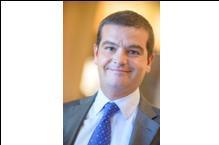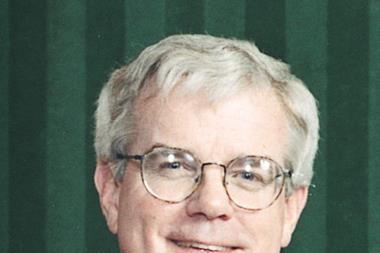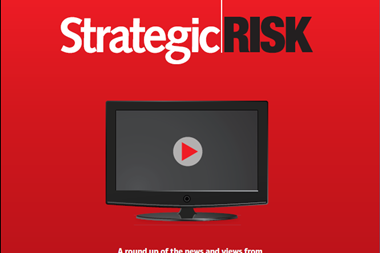Ahead of ANRA’s conference tomorrow, the association’s president Paolo Rubini highlights the key changes in the Italian market
The Italian risk landscape is changing fast and Italian risk managers need to adapt just as fast, according to Paolo Rubini, president of ANRA, the association representing Italian risk and insurance managers.
In his opening speech at the association’s conference in Milan tomorrow, Rubini will highlight some of the new trends facing the Italian risk management industry.
Speaking ahead of tomorrow’s conference, Rubini says “The new issues are not so much ‘new risks’, but rather the ‘Risks of Innovation’.”
“What is changing is the nature of [Italian business] assets,” says Rubini, citing the shift from the primacy of mainly material assets – such as property – to the mainly ‘immaterial’ assets – such as customer goodwill and business reputation.
Globalisation has also played a role, shifting the risk balance from owned assets and internal processes to the risks presented by reliance on external assets and outsourced processes, often in countries on the other side of the world.
“The nature of the exposures, and of the threats [we face] is changing accordingly,” he says. “From damage to properties and hardware to damages to data, software and processes; from controllable risks to those risks apparently outside the control of the company,” including contingent business interruption, political risk, hacker attack, the impact of the 2008 financial crash, the credit crunch – and the decisions governments and financial authorities have taken in response.
There has also been a shift “from first-party losses to third-party losses, due to outsourcing or vice versa, in-sourcing”, he says.
As a result, the risk manager role is evolving. In addition to the traditional day-to-day responsibilities of managing operational and insurable risk, the risk manager is now required to report to and advise the board.
He says: “What I see happening in Italy and Europe as a whole is that big companies are implementing ERM [enterprise risk management] processes. ERM and compliance are becoming more and more relevant to the board and as such the board requires contact and expert advice from a risk manager.
“Without this input, the company cannot build an effective risk management strategy.”
Tomorrow’s conference will provide the ideal opportunity for risk and insurance professionals to explore key trends in the Italian market and discuss how they can respond to the changing risk landscape, says Rubini.




















No comments yet